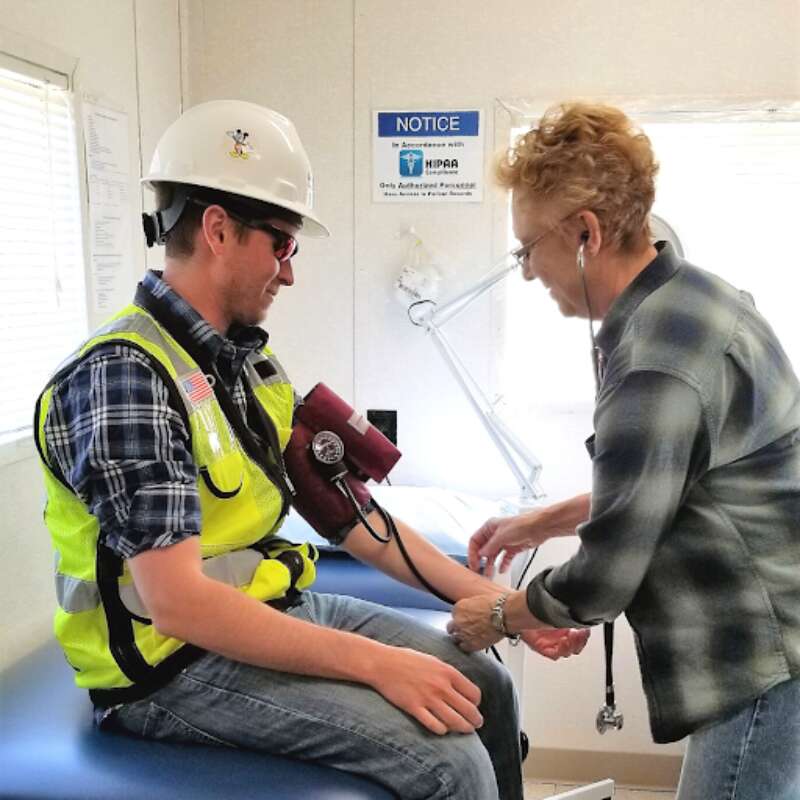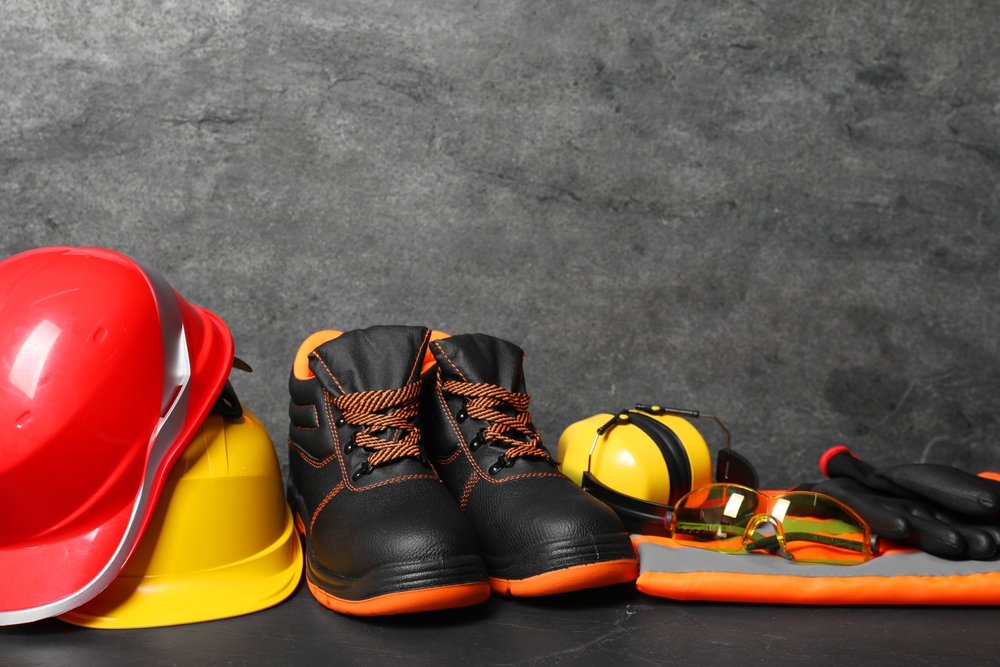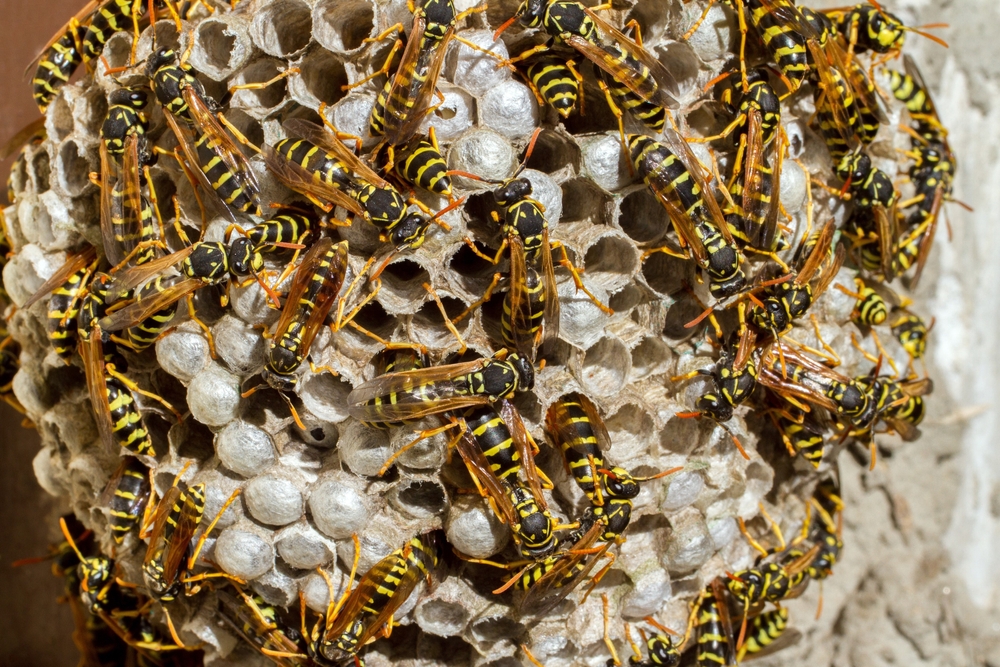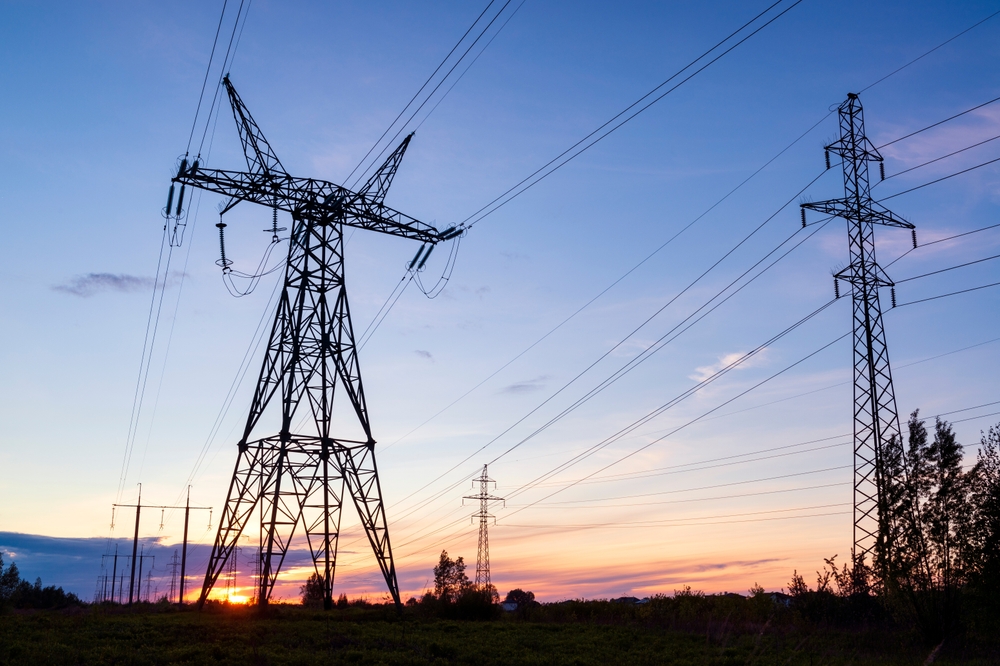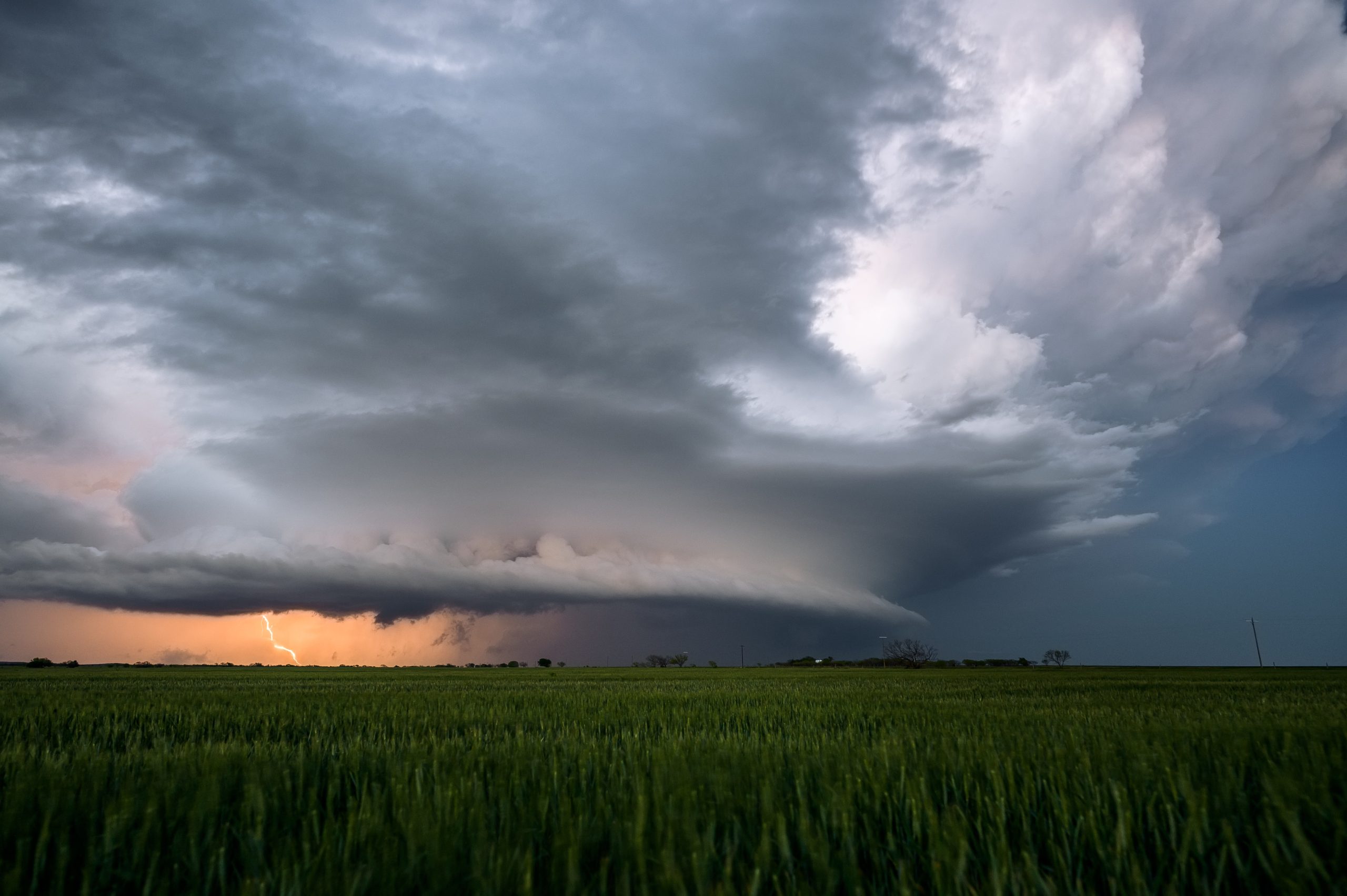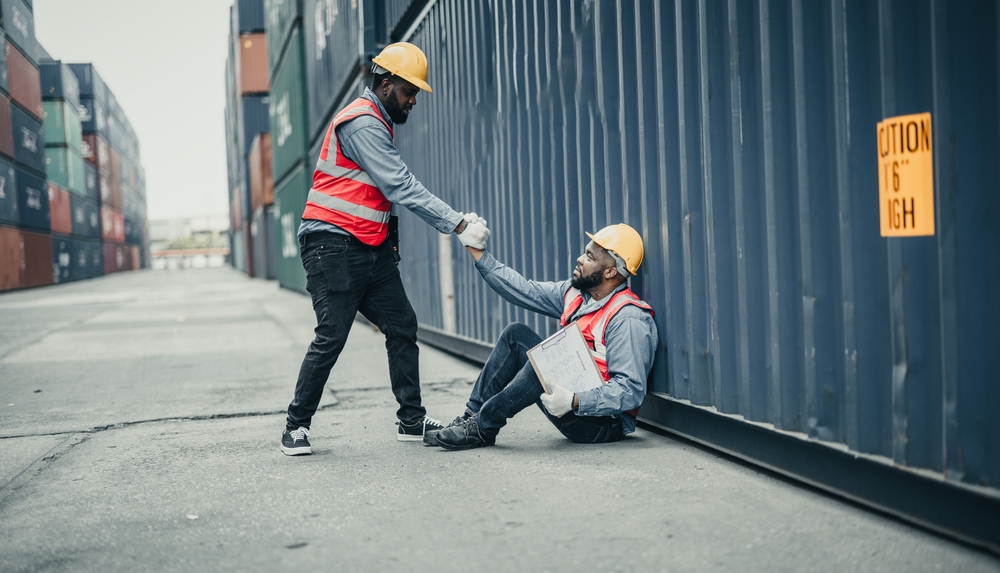According to the American Association of Occupational Health Nurses, “an occupational health nurse as someone who “provides for and delivers health and safety programs and services to workers, worker populations and community groups. The practice focuses on promotion and restoration of health, prevention of illness and injury, and protection from work-related and environmental hazards. Occupational and environmental health nurses have a combined knowledge of health and business that they blend with health care expertise to balance the requirement for a safe and healthful work environment with a ‘healthy’ bottom line.”
Occupational nursing dates back to the end of the 1800s, with the first record of a nurse taking care of Pennsylvania coal miners and their families. Through industry growth in the 20th century, factories employed nurses to care for the spread of diseases (such as tuberculosis) and to address issues that challenged workers’ health due to World War I, labor shortages, and to help cut costs of the new workers’ comp laws during that timeframe.
Many people understand the basic roles and responsibilities of what a registered nurse does. Most people assume the daily shift requires nurses to provide care; for patients under the orders of a medical doctor; nurses provide first aid care, conduct general screens such as test vitals, blood pressure, height, and weight; give routine shots; and gather all pertinent information in preparation for the doctor’s screening. But what does an Occupational Health Nurse do and why are they needed? To help answer these questions, we’ve asked Amerisafe Group’s own Occupational Health Nurses.
To provide insight about the specific Occupational Health Nurses interviewed, both nurses currently work on two separate jobs sites for Amerisafe Group, both in an industrial setting. Each have 40 plus years of experience in the nursing industry. Two interviews were conducted.
What Medical Credentials are Required to be Considered an Occupational Health Nurse?
“You must be a Registered Nurse [in most cases]. Experience in home health is a benefit as you are independent a lot. Whatever training you need to do for BAT or specific specimen collection, you will be trained onsite.” – Deborah Johnston, RN, Amerisafe Group Occupational Health Division
Q1: What Does an Occupational Health Nurse Do?
A1: “ An Occupational RN, by definition, takes care of employees at a worksite and in many cases, this service extends to the family of the employee. The biggest difference in an Occupational Health setting is that the cost of the care and intervention is paid for by the employer, unlike the traditional health setting where the care provided by doctors, and nurses and all other services provided are paid for by health insurance, Medicare or Medicaid. All treatment and procedures are ordered by an MD, and because of this, the challenges facing nursing and healthcare at this time are tremendous.
Trying to provide the best care and give patients what they need with the restrictions of insurance companies is not easy. The traditional Occupational Health Nurse most likely has a mini-clinic set up within the company. The OH Nurse assesses employees for minor health concerns like a cold, implements preventative programs such as weight control, nutritional teaching, cardio education, smoking cessation programs, prenatal support and assists safety with work environmental challenges, drug testing etc. In short, the company is invested to keep their employees as healthy as possible. They want to maintain a healthy workforce, which in turn keeps their insurance rates down. It is a win-win.”
– Jeanette Young, RN, Amerisafe Group Occupational Health Division
A2: “We do drug and fit testing for employees (at the power plants). We also do random and reasonable suspicion testing. There is some paperwork with this job, but not much. We are onsite to hand first aid injuries and triage if needed to be seen by an Occupational MD. We also have a walk-in policy where employees can come for personal medical advice and care to get over-the-counter mediation.”
– Deborah Johnston, RN
Q2: What Type of Medical Care and Services Do You Provide Onsite?
A1: “ The care is first aid only. We always have a safety supervisor attend to all work injuries and consult with them for any [care] that should be sent out. We clean and dress wounds, use ice and heat for sprains and strains, steri-strip for cuts or minor lacerations, use burn spray or gel covers for burns, give tetanus shots if needed, flush eyes out for foreign objects, use an ace wrap for support, and triage to see if the employee needs to be seen by an MD. We are always consulting with Safety Consultants.” – Deborah Johnston, RN
A2: “We provide strictly first aid, triage as we assess a situation and determine if we can deal with the injury or symptom, or if the employee needs to be seen by ER, doctor, x-ray, etc. We still work under orders—our standing orders and procedures are our bible. Any work-related injury is discussed with Safety and with the employee; options are addressed and a mutual decision is made based on the needs of the employee.” – Jeanette Young, RN
Q3: What are Common Injuries/Illnesses You Address on a Jobsite?
A: “ That is often site-specific; some places work with chemicals, gasses, etc, so often chemical burns, inhalation problems, etc. Other places, we have back injuries, sprains, stains and the occasional break—arm, elbow, knee. Many cuts, scrapes, bruises, welder burns, and the occasional small limb finger amputation. We have broken teeth, foreign object in the eye injuries from welder flash to dust or metal in the eye. It is not uncommon to see a person with a heart attack or blood pressure that is too high, diabetic problems, or seizures, just to name a few. Under no circumstance is care ever denied. We operate under strict guidelines. We may not be in a medical setting in the traditional sense, but we have nurses, we can access but not diagnose. Depending as to the urgency of the injury, we have often time to give the employee options as to how he would like to proceed.”
– Jeanette Young, RN
Q4: What Does a Day in the Life of an Occupational Health Nurse Look Like?
A1: “ Depending on the site and shift, I begin anywhere from 5-7 AM, (unless on night shift), do all my checks, bag check, vaccine fridge check, AED check, emails. By 7 AM if on day shift, the first employee for follow-up will see me, and after, we usually have new hire drug screening or random drug tests to conduct. While doing these, sometimes an injury may pop in and I have to stop doing drug testing. Sometimes walk-ins will come in for ibuprofen, band-aid, antacid etc. After all testing for the day is done, I input all records into the computer and send the specimen out via FedEx. I then order supplies if need be, clean up the nurse trailer, answer emails, and prepare to begin again the next day. In our setting, we work with relatively healthy individuals, 18 to 70 years of age. We have much autonomy; we are responsible for all activities in our little clinic. We have busy and slow days, but after we built trust with the company and employees, we are their go-to person; from a toothache to girlfriend problems, they know they can trust you and it is nice to know they can trust you, and that you have their respect. ”
– Jeanette Young, RN
A2: “There is no set schedule in Occupational Health as there is in the hospital or nursing home. It is more like the ER as you don’t know what injury will come in through the door. Drug and fit testing can come in at any time, too. Many employees will come to you asking for medical advice. You never know how your day will go. It can be quiet, which it mostly is, but at times, you can be on your feet most of the day. There is a great satisfaction knowing you are helping to keep an important company safer and many employees and Safety Supervisors will look up to you for how you have helped them.”
– Deborah Johnston, RN
Occupational Health Services >
The Amerisafe Group Occupational Health Solution
Need an Occupational Health Nurse on your job site? At Amerisafe Group, not only are we the safety experts, our staff of Occupational Health Nurses is your solution for all of your staffing & medical service needs. We provide various workplace on-site testing and first-aid services to ensure safe productivity, so your employees can get back to work on site. We have the professionals to ensure excellence. Let us show you how our safety and medical leadership skills can help your company succeed in occupational health and safety.

